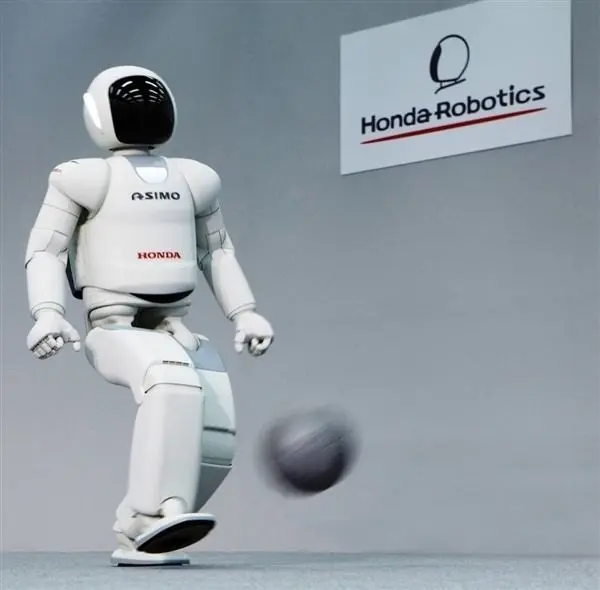AInewsTech
Can AI really take away our jobs? Hidden truth revealed
Efe Udin
June 19, 2025

I’ve heard it over and over again: AI is taking our jobs. It’s a headline, a tweet, a boardroom buzzword. And sure, it makes a compelling story. But when I step back and look at what’s actually happening on the ground, in companies, in industries, across departments, the picture is far more complicated. The truth is, AI hasn’t replaced people. People have replaced people, and AI is often just the excuse.

Why AI still needs us
I’ve worked around tech long enough to know that automation isn’t new. Machines have been simplifying human labor since the Industrial Revolution. What AI does differently is mimic human cognition—sorting emails, summarizing documents, drafting code, or even offering customer service. Is it fast? Yes. Is it impressive? Absolutely. But it’s still irrational without us. AI can’t think, reason, or truly understand context without an enormous amount of human input guiding it in the background.
Behind every “intelligent” result is a trail of annotated data, prompt engineering, model fine-tuning, and ongoing corrections—all done by people. It’s easy to imagine that ChatGPT or Midjourney whipped up something on its own, but most times, it was the fourth or fifth prompt that got it right, and the final output was polished by a human editor. The image that AI is a fully autonomous worker that needs no supervision is a fantasy. We’ve just gotten better at hiding the humans in the loop.
The layoffs aren’t always about AI
But even knowing this, I’ve watched companies announce mass layoffs citing “AI integration” or “operational efficiency.” What usually happens next? Those same roles, or similar ones, are opened again—only this time under different job titles, lower salaries, or outsourced to regions with cheaper labor. That’s not AI replacing jobs. That’s business strategy wearing an AI mask.
Simplification doesn’t mean elimination
There’s a strange irony here. AI tools are supposed to help us work smarter, right? So why do the people closest to the tools—support staff, marketing writers, junior analysts—get the axe first? If anything, AI could have empowered them to do more meaningful work, automate the repetitive parts, and focus on the tasks that still require judgment, empathy, and nuance. But in reality, the AI pitch often turns into a budget-cutting justification.

Yes, AI can simplify roles. A report that used to take five hours now takes one. A designer can prototype ideas faster. A customer rep has a better chatbot triaging issues before they reach them. But simplification doesn’t mean elimination—at least, not if the goal is quality. The better framing might be: AI is changing jobs. It’s re-shaping how work is done, not erasing the need for workers altogether.
Most companies aren’t ready for serious AI
Let’s also be honest: not every company is even equipped to use AI properly. Many jump in because of the fear of being left behind. They plug in a tool, expect miracles, and then realize the system needs months of tuning and training data to actually deliver value.
And when that fails, they quietly return to the old way of doing things—only this time, with fewer staff and more unrealistic expectations. An Orgvue report recently revealed that over half of the companies that laid off experienced staff for AI regretted doing so.
The real decision-makers behind the curtain
So, can AI take jobs? Yes, it can. But the more accurate answer is: someone chooses to let it. Someone in management, someone in finance, someone looking at a quarterly report. AI is a tool, and tools don’t fire people. People do. And as long as that remains true, we should stop blaming the technology and start questioning the decisions behind how it’s used.
I’m not anti-AI. I use it, I see its value, and I believe it can enhance how we work. But let’s not pretend it operates in a vacuum. Let’s stop using AI as a scapegoat for cost-cutting decisions and start demanding transparency around who benefits and who loses when “efficiency” becomes the priority.
Disclaimer: We may be compensated by some of the companies whose products we talk about, but our articles and reviews are always our honest opinions. For more details, you can check out our editorial guidelines and learn about how we use affiliate links.Follow Gizchina.com on Google News for news and updates in the technology sector.